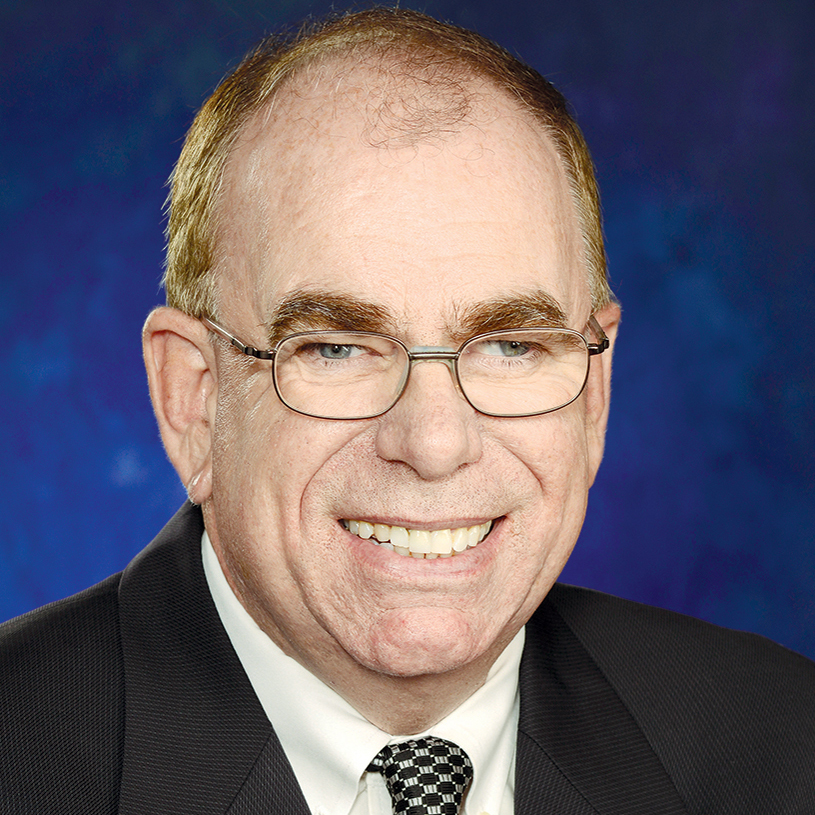

The last thing most operators want to hear is that a growing union threat is underway. But we’re seeing signs that such activity is taking place.
Not that this field has been singled out. Truth be told, unions are looking to expand their membership and bargaining power in an ever widening swath of sectors.
So why is it that pro-union forces seem to be suddenly gaining momentum? Well, it’s not just one reason.
The leading culprit is pretty obvious: Workers are hard to find these days. Arguably harder than ever. And there is little relief in sight. In fact, there is a very good chance an already tight labor market in the senior living field will get even tighter, thanks to retirements, dwindling prospect interest and heightened competition.
Moreover, it’s not as if most operators are lavishing employees with retention perks such as great health insurance coverage, college tuition reimbursement, clear career progressions and work-life balance options. Are there outliers out there that have done these things and more? Of course. But they remain very much in the minority.
So is it really any surprise more unions are reaching out to workers who may be tired of stagnant pay and tougher on-the-job requirements? Or that more of those workers might be receptive to unions’ siren songs? Frankly, I think the real surprise is that unions are not being more aggressive.
Earlier this year, Cornell University’s School of Industrial and Labor Relations released a report that tracks labor actions across America. According to researchers, the data shows that the labor movement is gaining some newfound traction. For example, strikes were up 52% in 2022. All in, there were 424 work stoppages (417 strikes and seven lockouts).
So what should concerned operators be doing to limit the further unionizations? The obvious answer is to avoid doing things that are likely to fuel employees’ interest in unions. Admittedly, that advice covers a lot of territory.
As for specific strategies and tactics, the Society for Human Resource Management recommends that employers provide these four things:
- Fair and consistent policies and practices
- Open door management policies
- Competitive pay and benefits, and
- Employee trust and recognition.
Will following SHRM’s advice guarantee that your shop will not be targeted? Of course not. Doing so, however, may help your organization repel any attack.
But regardless of what the future brings, the SHRM approach can only help your organization’s labor relations.
John O’Connor is editorial director for McKnight’s Senior Living and its sister media brands, McKnight’s Long-Term Care News, which focuses on skilled nursing, and McKnight’s Home Care. Read more of his columns here.

